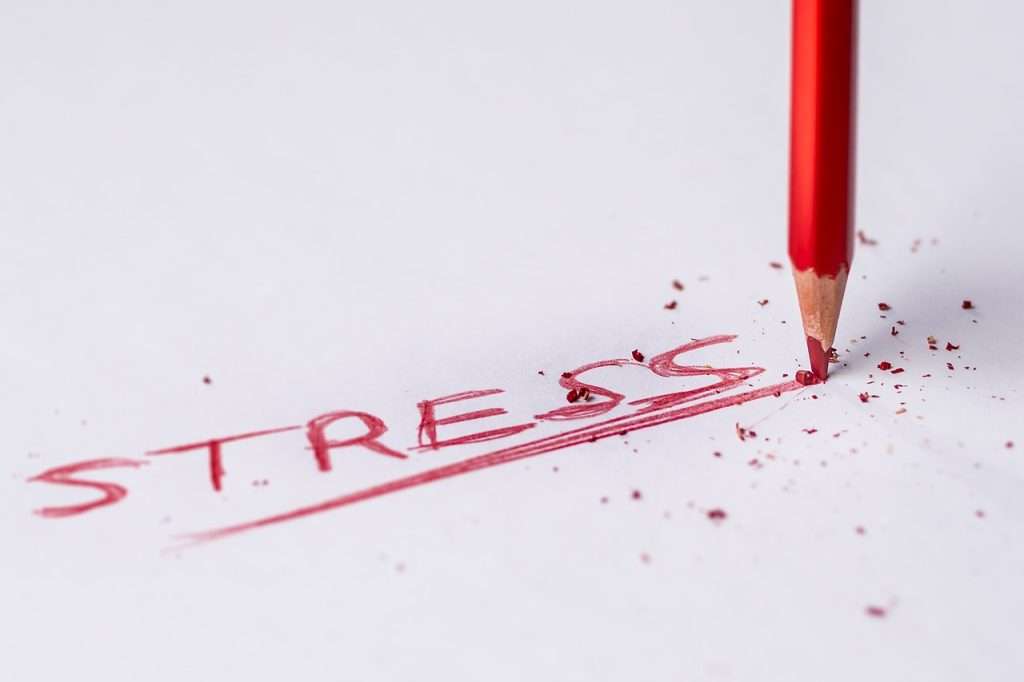In recent times, it’s no surprise that stress has become an unpleasant companion for many of us, and we are always searching for how to manage stress and live healthily. Juggling work, family responsibilities, social commitments, and personal goals can leave us overwhelmed, drained, and even on the brink of burnout. Stress affects our mental well-being and takes a toll on our physical health.
The good news is that managing stress and living a healthy life is within our reach. By adopting practical strategies and making conscious choices, we can regain control over our well-being and find the balance we desperately seek. This blog post will explore practical techniques and lifestyle changes that can help you relieve stress, boost resilience, and live a healthier, more fulfilling life.
What is stress?
Stress is a natural response when individuals perceive and experience pressure or demands that exceed their perceived ability to cope. It is the body’s way of preparing for a perceived threat or challenge, commonly known as the “fight-or-flight” response.
Various factors, including work-related pressures, financial difficulties, relationship issues, academic demands, significant life changes, or daily hassles, can trigger stress. It is important to note that stress can result from negative experiences and cheerful events, such as planning a wedding or starting a new job.

Impact of Stress on Mental and Physical Health
Physical Health:
- Cardiovascular System: Chronic stress can increase heart rate and blood pressure, putting extra pressure on the cardiovascular system. Over time, this can raise the risk of hypertension, heart disease, and stroke.
- Immune System: Prolonged stress weakens the immune system, making the body more prone to infections and illnesses. It can also slow down the healing process.
- Digestive System: Stress can lead to gastrointestinal problems, such as stomach aches, indigestion, or irritable bowel syndrome (IBS).
- Musculoskeletal System: Stress can cause muscle tension, leading to headaches, back pain, and other body aches.
- Sleep Disruption: Stress can interfere with sleep patterns, causing insomnia or restless sleep. Lack of quality sleep further exacerbates the body’s stress response, creating a vicious cycle.
- Weight Gain or Loss: Some people may turn to unhealthy eating habits to cope with stress, leading to weight gain. Conversely, others may experience a loss of appetite, resulting in weight loss.
Mental Health:
- Anxiety Disorders: Chronic stress can contribute to the development or worsening of anxiety disorders, like panic disorder, generalized anxiety disorder (GAD), or social anxiety disorder. Persistent worrying, restlessness, and intrusive thoughts are common symptoms.
- Depression: Stress can trigger or exacerbate depressive symptoms. Feelings of despair, hopelessness, and a loss of interest in previously enjoyed activities are common signs of depression associated with chronic stress.
- Mood Disorders: Prolonged stress can disrupt mood regulation, leading to mood swings and irritability. It can contribute to the development of mood disorders like bipolar disorder.
- Cognitive Functioning: High-stress levels can impair cognitive functions, including memory, concentration, and decision-making abilities. It may also impact attention span and problem-solving skills.
- Substance Abuse: Some individuals use alcohol, drugs, or other substances to cope with stress, leading to substance abuse or addiction issues.
- Behavioral Changes: Stress can manifest in behavioral changes, such as increased irritability, aggression, or social withdrawal. It may also impact productivity, motivation, and engagement in daily activities.
How to manage stress and live healthily
Managing stress and living a healthy life are like two faces of a coin. When you prioritize stress management techniques and adopt healthy habits, you can better cope with life’s challenges and maintain overall well-being. Here are some effective strategies on how to manage stress and live a healthy life:
- Identify and understand your stressors: Start by recognizing the specific stressors in your life. These could be work-related, relationship issues, financial pressures, or personal expectations. Understanding what triggers your stress will allow you to develop targeted strategies to address them.
- Engage in regular exercise: Physical activity is an excellent stress reducer. Regular exercise releases endorphins, the body’s natural feel-good chemicals, and helps lower stress hormones. Find activities you enjoy, such as dancing, walking, yoga, or sports, and aim for at least 30 minutes of exercise most days.
- Maintain a healthy diet: Nourishing your body with a balanced diet is crucial for managing stress. Limit your sugary snacks, processed foods, and caffeine intake, which can contribute to stress and energy crashes. Instead, focus on whole foods like fruits, lean proteins, vegetables, and whole grains to give your body essential nutrients.
- Prioritize sleep: Sleep is vital for stress management and well-being. Establish a consistent sleep schedule, maintain a relaxing bedtime routine, and create a sleep-friendly environment. Strive for 7-9 hours of quality sleep each night to rejuvenate your body and mind.
- Time management and prioritization: Effective time management can help reduce stress levels. Prioritize tasks based on significance and urgency, set realistic goals, and learn to delegate or say no when necessary. Organize your schedule and balance work, personal commitments, and leisure activities.
- Set Boundaries and Practice Assertiveness: Establishing boundaries in your personal and professional life is crucial for managing stress. Learn to say no when you feel overwhelmed and communicate your needs assertively. Setting limits and maintaining healthy boundaries will help prevent excessive stress and promote a balanced lifestyle.
- Seek Professional Help if Needed: If stress becomes intense and interferes significantly with your daily functioning and well-being, consider seeking professional help. Mental health professionals can offer guidance, support, and therapeutic interventions to help you manage stress effectively.
Conclusion
The path to managing stress and achieving a healthier lifestyle is not a one-size-fits-all solution. What works for one person may not necessarily work for another. However, by understanding the underlying causes of stress and implementing proven techniques, you can create a personalized toolkit to navigate the challenges that come your way.
It’s important to acknowledge that managing stress is not about eliminating stress, as that is unrealistic and often impossible. Instead, it’s about developing the skills and habits to cope with stress healthily and productively.

